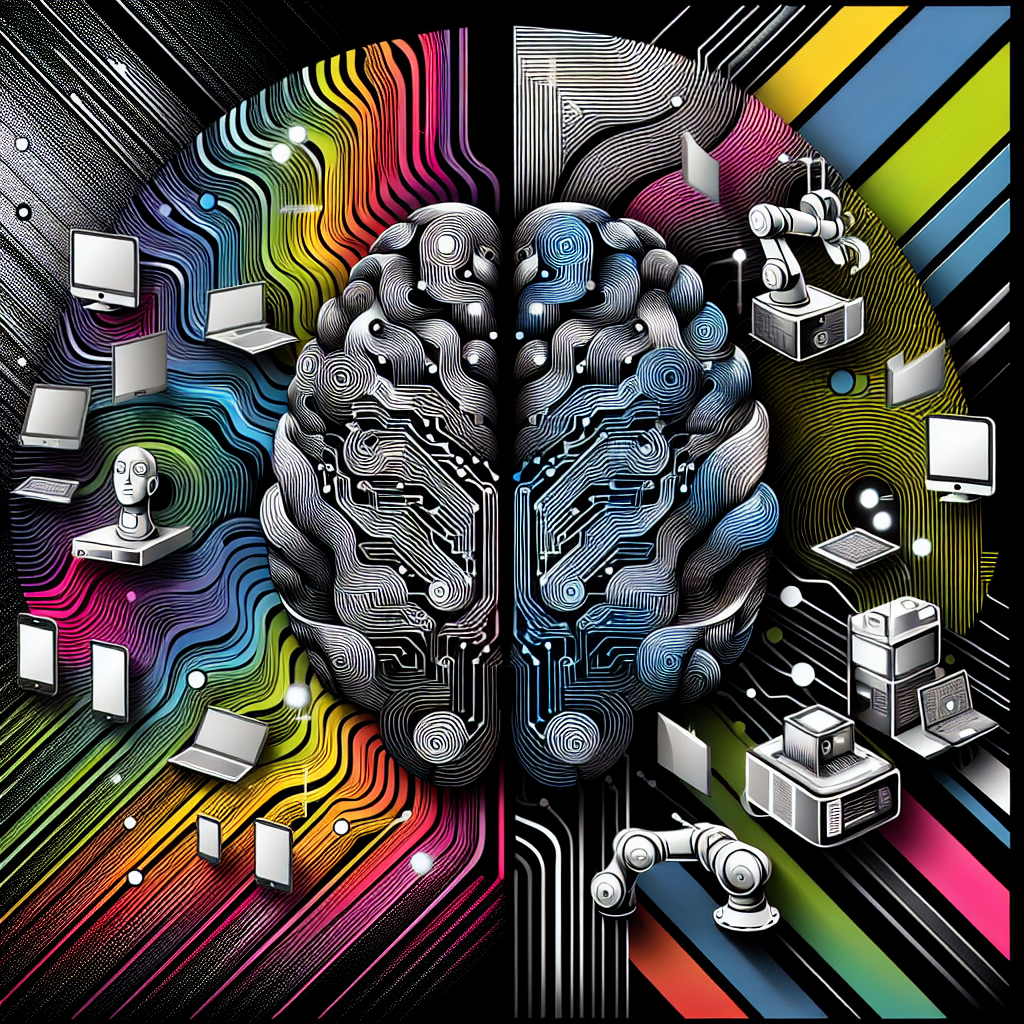Artificial General Intelligence (AGI) is a term that refers to the hypothetical ability of a machine to perform any intellectual task that a human can do. While current AI technologies are quite impressive in their ability to perform specific tasks, such as image recognition or natural language processing, they lack the general intelligence and adaptability of human beings. However, as research in the field of AI continues to advance, the possibility of creating AGI is becoming increasingly feasible.
AGI has the potential to revolutionize the way we interact with technology and the world around us. From self-driving cars to personalized healthcare, the applications of AGI are vast and varied. In this article, we will explore how AGI is changing the landscape of technology and what the future may hold for this exciting field.
The Rise of AGI
The concept of AGI has been around for decades, but recent advances in deep learning and neural networks have brought us closer than ever to achieving this goal. Researchers are now able to create AI systems that can learn from vast amounts of data and adapt to new situations in ways that were previously thought to be impossible.
One of the key challenges in developing AGI is creating a system that can generalize from specific examples. For example, a human can learn to play a new game by observing a few examples and applying their existing knowledge of similar games. Current AI systems, on the other hand, often require large amounts of labeled data to learn a new task, and struggle to transfer their knowledge to new domains.
However, recent breakthroughs in areas such as reinforcement learning and meta-learning are beginning to address these challenges. These techniques allow AI systems to learn from their experiences and adapt to new tasks in a more human-like manner. As a result, researchers are optimistic that AGI may be achievable within the next few decades.
Implications for Technology
The development of AGI has the potential to transform virtually every aspect of our lives. Here are just a few ways in which AGI is changing the landscape of technology:
1. Personalized Healthcare: AGI has the potential to revolutionize healthcare by enabling personalized treatment plans based on an individual’s genetic makeup, medical history, and lifestyle. AI-powered systems can analyze vast amounts of data to identify patterns and make predictions about a patient’s health, leading to more accurate diagnoses and better outcomes.
2. Autonomous Vehicles: Self-driving cars are already on the roads today, but they are limited in their capabilities by the narrow focus of current AI technologies. AGI could enable vehicles to navigate complex environments, make split-second decisions, and communicate with other vehicles in ways that are currently beyond the reach of AI systems.
3. Natural Language Understanding: Current AI systems are able to understand and generate human language to some extent, but they often struggle with nuances, context, and ambiguity. AGI could enable machines to understand and generate language at a level that is indistinguishable from human communication, opening up new possibilities for virtual assistants, chatbots, and translation services.
4. Scientific Research: AGI could revolutionize the field of scientific research by automating the process of hypothesis generation, experiment design, and data analysis. AI systems could accelerate the pace of discovery in fields such as medicine, materials science, and climate change, leading to breakthroughs that are currently beyond our reach.
FAQs
Q: Will AGI replace human workers?
A: While AGI has the potential to automate many tasks currently performed by humans, it is unlikely to completely replace human workers. Instead, AGI is more likely to augment human capabilities and enable us to focus on more creative and strategic tasks.
Q: What are the ethical implications of AGI?
A: The development of AGI raises a number of ethical questions, such as the potential impact on employment, privacy, and inequality. It is important for researchers, policymakers, and society as a whole to consider these implications and develop frameworks for the responsible deployment of AGI.
Q: How close are we to achieving AGI?
A: While significant progress has been made in the field of AI, achieving AGI is still a distant goal. Researchers are optimistic that AGI may be achievable within the next few decades, but there are still many technical challenges to overcome.
In conclusion, AGI has the potential to revolutionize the way we interact with technology and the world around us. From personalized healthcare to autonomous vehicles, the applications of AGI are vast and varied. While achieving AGI is still a distant goal, researchers are making significant progress in the field of AI, bringing us closer than ever to realizing this exciting vision of the future.

